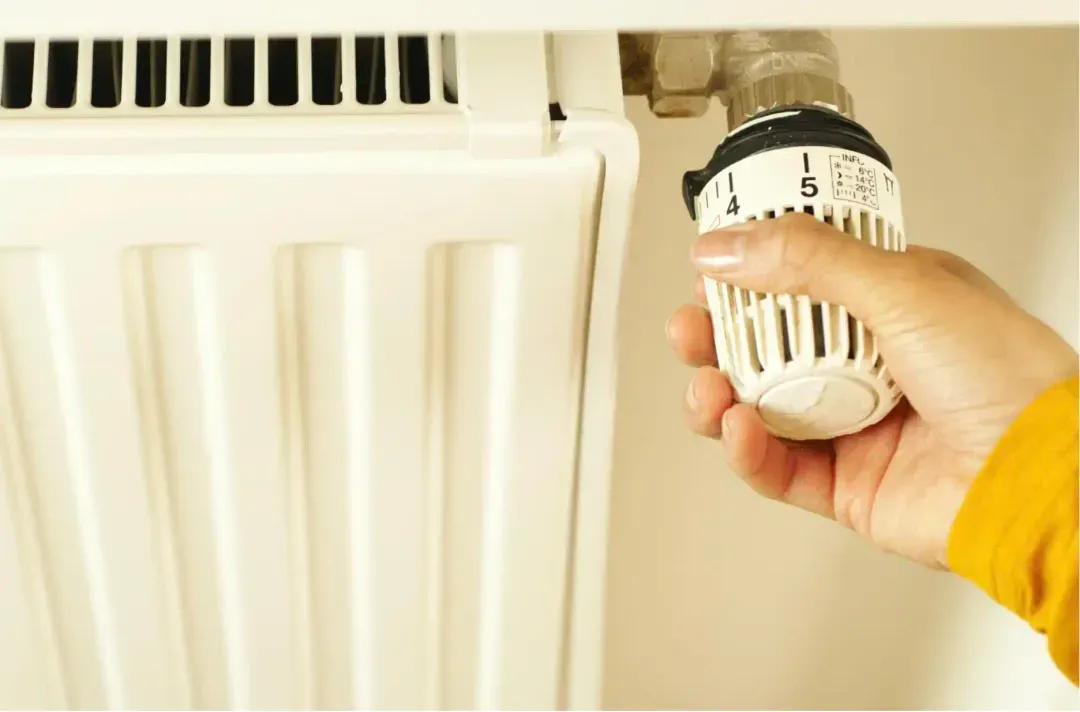Last updated on December 13th, 2023 at 10:46 am
Here at Warmable, we have made the process of finding quotes for boiler replacement both simple, easy, and efficient. Simply fill out our short application form to be matched with a replacement quote the very same day.
There are several important factors to consider when it comes to replacing your boiler. You must consider the specific energy and spatial requirements of your home, as well the flue system and the type of boiler that you may need.
Below is a guide to some of the factors to keep in mind when replacing your boiler.
1) Energy Source
Your energy source will determine the fuel for your new boiler. For example, if you have mains gas, then a gas boiler makes sense. It is also cheaper compared to oil or electric heating. Even if you do not have a gas connection, you could get it installed in order to save money on heating in the long run. When choosing a boiler, it’s vital to check and understand the source of energy at your home.
2) Type of Boiler
There are four different types of boilers that you can choose from when looking for a new boiler. Which option you decide on will tend to depend on the size of your property as well as your hot water usage. Below is a brief summary of the four types of boiler available:
- Combi Boiler: This type of boiler is the most popular in the UK. They provide both central heating and hot water on demand, without the need for any additional tanks or cylinders. Because they are so space-efficient, combi boilers are particularly suitable for smaller properties. The popularity of the combi boiler is largely down to its energy-efficient nature, as well as its ability to provide rapid hot water delivery.
- System Boiler: System boilers work with a separate hot water cylinder. And, like combi boilers, they do not require a cold water tank. Systems boilers are particularly well-suited to properties with multiple bathrooms, since they provide hot water to several outlets simultaneously. They offer efficient water pressure, and are generally a good fit for medium-to-large households. They have the added advantage of being compatible with solar heating systems.
- Electric Boiler: Electric boilers tend to be alternatives for properties that do not have access to a gas supply. They are compact, silent, and offer very good energy efficiency. They are also easier to install and generally require less maintenance. However, due to higher electricity costs, they tend to be more expensive to run compared to gas boilers.
- Conventional Boiler: This type of boiler, also known as a regular or heat-only boiler, tends to be found in older UK properties. Conventional boilers require both a cold water tank and hot water cylinder. They can provide hot water to multiple outlets at the same time, and are generally suitable for larger households with high hot water demands. However, they take up more space and tend to be less energy-efficient compared to combi and system boilers.
3) Space in Your Home
Generally, the size of your property will determine which boiler would best fit in the available space. However, manufacturers have begun to make boilers smaller so that people can more easily fit them into their homes.
Conventional and system boilers generally suit larger homes. They have separate tanks that require more storage space. Conversely, with combi boilers, everything is built within the unit and there are no separate parts, so they tend to suit smaller homes.
When purchasing a replacement boiler, many households are tempted to choose a combi boiler for its efficiency as well as its size. However, it is sometimes more economical to stick with your current boiler system. This is because switching to another type of boiler may mean making some changes to the heating system, which is likely to increase the cost of installation.
4) Water Pressure in Your Area
It’s important to check the water pressure in your area, since some boilers are unable to produce enough pressure on their own. For example, a conventional boiler is ideal for properties where the water pressure is low. While a combi boiler is best suited to an area in which the water pressure is higher.
5) Number of Bathrooms and Showers
It’s important to understand your hot water needs when you are replacing your boiler. Different types of boilers suit different households.
For example, conventional boilers allow you to use hot water in multiple taps and showers at the same time. While combi boilers only supply enough hot water in one tap or shower at a time. If you have a large home with 2 or more bathrooms, and enough people in your home that are likely to use multiple taps and showers simultaneously, then a conventional or system boiler is your better option.
6) Boiler Flow Rate
A boiler flow rate tells you how much water can flow through the boiler, and how quickly it can come out of the tap. However, it is not as simple as choosing a boiler with the highest flow rate. The flow of water will also depend on the mains pressure in your area. For example, if the mains supply in your area can only handle 10 litres of water per minute, then there is no point buying a boiler with a flow rate of 13 litres per minute.
Book A Boiler Replacement With Warmable Today
Book your boiler replacement with Warmable today for a hassle-free and efficient upgrade. Our team of experts is ready to provide top-notch service, ensuring your home stays warm and comfortable. Don’t delay, secure your booking now by filling in our online form and enjoy a more energy-efficient heating solution.


